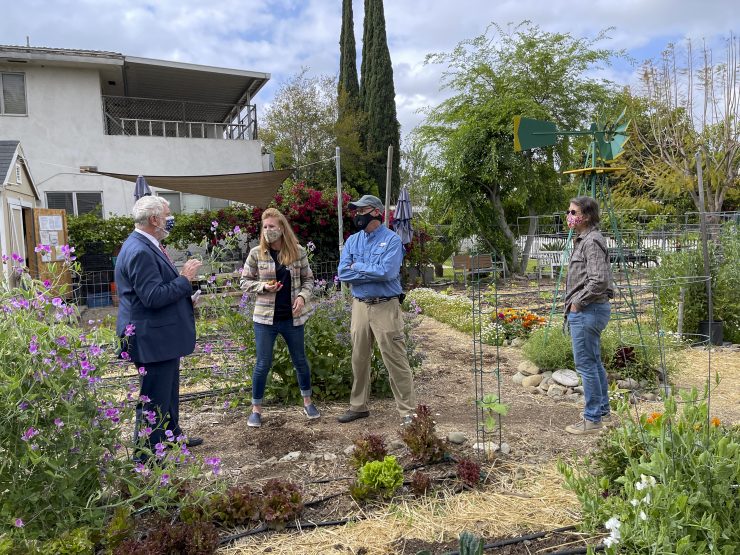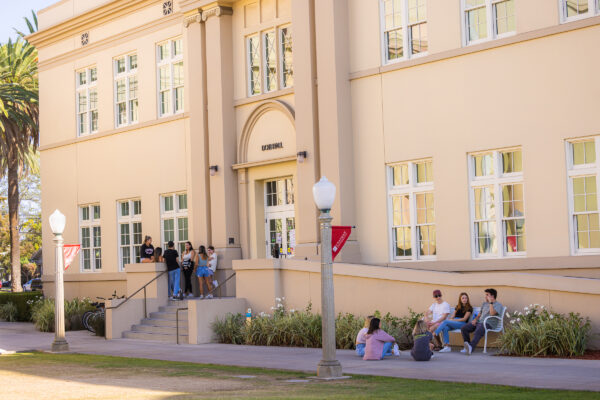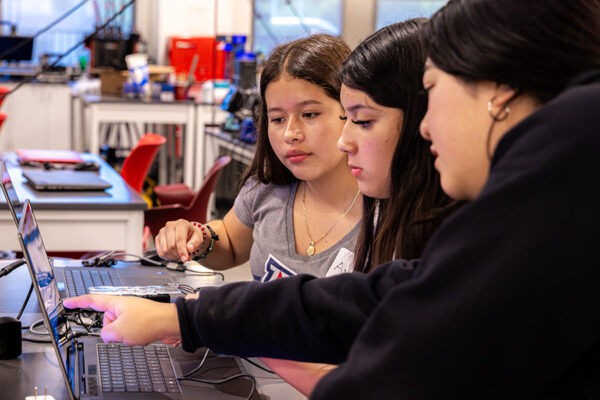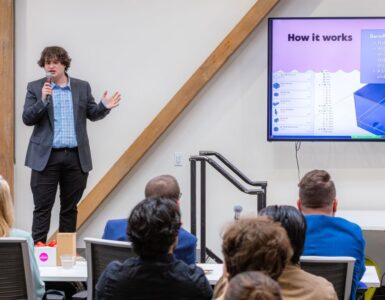When the farmers market in Old Town Orange opened on the morning of May 7, 2011, no one really knew how it would turn out. “I remember standing at the packing house at six o’clock in the morning wondering if anybody would show up,” says Megan Penn, executive director of Orange Home Grown, the nonprofit organization that runs the market.
Penn needn’t have worried. Thousands of customers showed up on that very first day to partake in locally grown produce and boutique food products, and they’ve been coming ever since. “It was a magical day,” says Penn. “The whole community came out. After all the hard work that we had put in for years, we were on cloud nine.”
A Growing Partnership for Urban Agriculture
In the years since, the farmers market has become a mainstay of Old Towne Orange, but it was just the first step for Orange Home Grown, whose mission to educate the community about urban agriculture and sustainable food production continues to evolve. In 2016, they opened the Education Farm on North Lemon Street, where they offer classes and outreach programs to the local community. They also maintain a seed lending library, partner with local schools and businesses, and award annual scholarships to promising students in food science, agriculture and environmental studies.
“This is one of the best examples of how a university and a local nonprofit can come together,” says Chapman University President Daniele Struppa during a recent visit. Chapman has been a dedicated supporter and partner for the past decade, including providing rent-free space for the farm and market to operate for the past decade.”The value of an institution is in its relationship with the community, and I think the partnership we have here is one of the most beautiful.”
New Challenges and Opportunities to Support a Healthy Community
The past year has presented a new set of challenges to Orange Home Grown. After the pandemic shut down the farmers market in March 2020, they worked with city and university officials to reopen after only one month, in accordance with state and local health guidelines. Volunteers, mostly from the university and local high schools, stepped in to help monitor crowds. “They wanted to support the community,” says Penn, “and help make sure people had access to nutritious and healthy food.”
“It’s been a lot more work,” says Penn, “but the community has been so appreciative we’ve been able to stay open.“ For many, it has been the only place they felt comfortable coming out to shop. For others, it was important from a mental health standpoint. “It’s one thing that stayed normal,” says Penn. “It’s been a huge work effort, but it’s been a community effort, and it’s really important to stay open.”
What will the next 10 years look like for Orange Home Grown? Penn hopes that with continued support from Chapman and other local partners, they’ll continue to grow the size of the market. She’d also like to add more locations to their urban farming programs. “Every week we have someone new who reaches out and wants to get involved, so we’re starting to feel some growing pains in our current space. With new locations, we can do more to support a healthy community, mentally and physically.”




